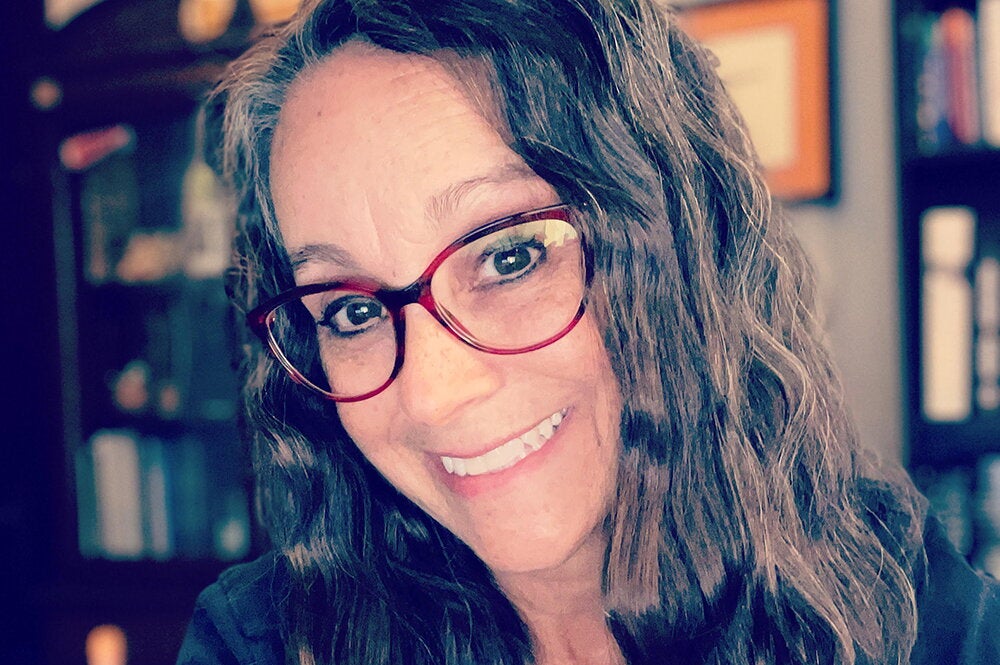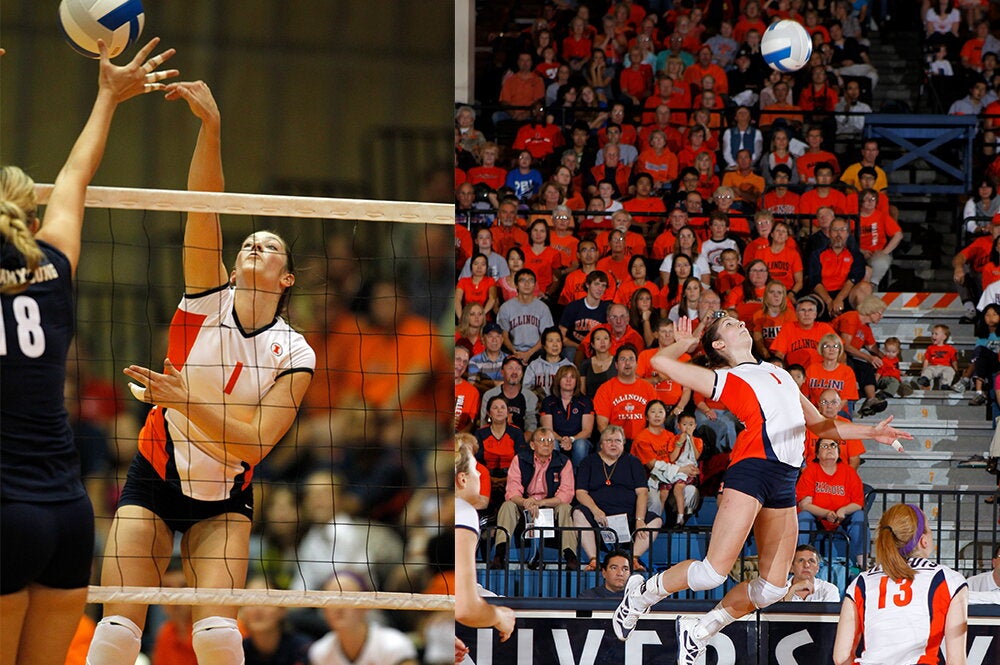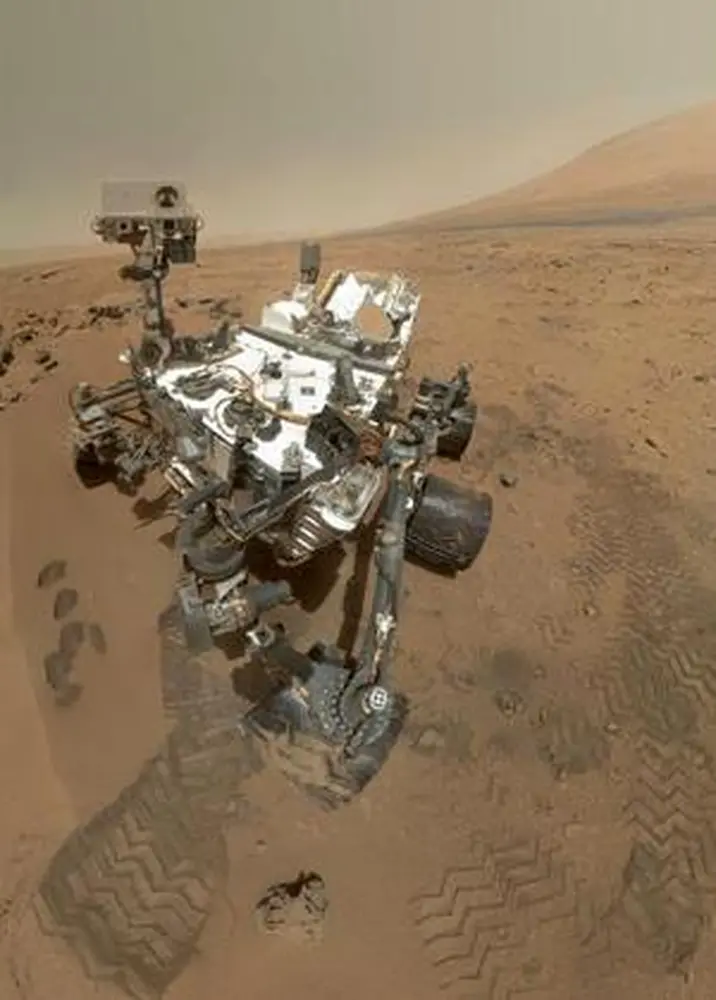
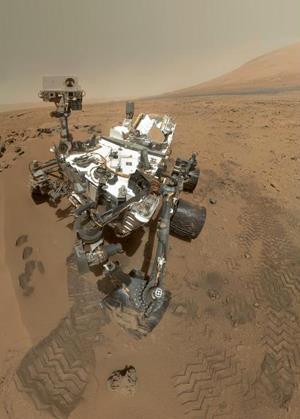
You might say that Bill Taber was tailor-made for his role in what’s becoming humanity’s most significant deep space exploration yet. The first book he ever recalls reading was about the solar system. And then there was the connection he saw early on between math and life.
“You could discover things about the world through geometry alone,” he says, adding that he found the fact that 180 degrees is the sum of any triangle to be revelatory.
“The fact that you could prove it was amazing to me,” recalls Taber, who received a doctoral degree in mathematics from the U of I. “For a teenage boy, it was like being given the keys to the universe. I was hooked from then on.”
On August 6 of this year, in a merger of those two interests, Taber became part of history when he and his associates at the National Aeronautics & Space Administration’s Jet Propulsion Laboratory (JPL) landed Curiosity, a car-sized robotic rover, on Mars. He describes it as possibly the most historic project he’s worked on during his 29 years at the Pasadena, Calif.-based JPL.
Taber says that if Curiosity provides evidence that there once was life on Mars “it would be one of those watershed moments in human history.”
Taber has been a technical group supervisor for mission design and navigation software at JPL since 2002. He supervises a group of 12 physicists, mathematicians, aeronautical engineers, and computer scientists.
“We write the software that is used to design and navigate all the deep space missions,” he says, defining deep space as “anything that is beyond the moon.”
In the jubilation that followed the successful Curiosity landing—the rover is expected to be exploring the surface of Mars for at least two years—Taber reflected on his own history that brought him there. He says his career would have been “impossible without my experience at the U of I.”

Taber decided as a graduate student to concentrate in differential geometry, a marriage of calculus and geometry, after hearing a guest lecture on the subject by U of I Professor Stephanie Alexander. She later became his doctoral thesis advisor, and he remembers her with fondness.
In the wake of his celebration of Curiosity’s successful landing, Taber wrote Alexander, now an emeritus professor, to tell her that “I would be remiss if I did not say to you that you played arole in this historic moment as well.”
“You helped make this journey possible for me,” he wrote.
A 58-year-old Illinois native, Taber says he pursued mathematics “for the love of it,” starting at Rochester Community High School near Springfield. He later majored in mathematics at Eastern Illinois University, and then he came to the U of I for graduate school. His education opened life-changing professional opportunities.
One of the biggest was at JPL, which came about in an unusual way. Taber was working for Hughes Aircraft in California when he spotted an advertisement for a job fair at JPL. He went to see what was available and soon went to work there.
“It was just one of the things that fell into my lap,” he says. “Not many people get someplace like here by looking at an ad in the newspaper. But I am one of them.”
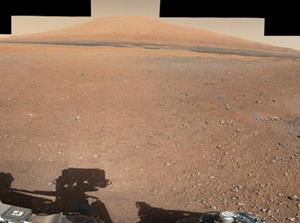
The staff at JPL has a lot on its plate, including missions to orbit Saturn, sending the Juno spacecraft to Jupiter, and the Spitzer Space Telescope. But it was the landing of Curiosity on Mars that has drawn the attention of the world, and Taber says it has the potential to change the entire concept of life in the solar system.
The rover’s goals include conducting a number of scientific investigations to determine whether Mars is or if it ever were a place where life could exist. Scientists already have discovered signs that water once was present.
Taber’s more earthly concerns include his wife, Susan, a U of I graduate in political science who works for an investment company, and their two sons, one in law school at the University of Arizona and the other at Apple Computers in Boulder, Colo. Taber also bicycles 150-200 miles per week.
Although his parents are still living, Taber has no family left in Illinois. But Taber he says he’d love to return and—not unlike Professor Alexander’s lecture that affected him long ago—deliver a lecture on the Curiosity’s landing to students in the Department of Mathematics.

